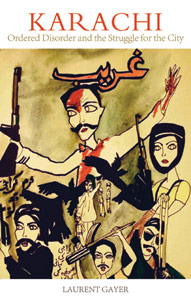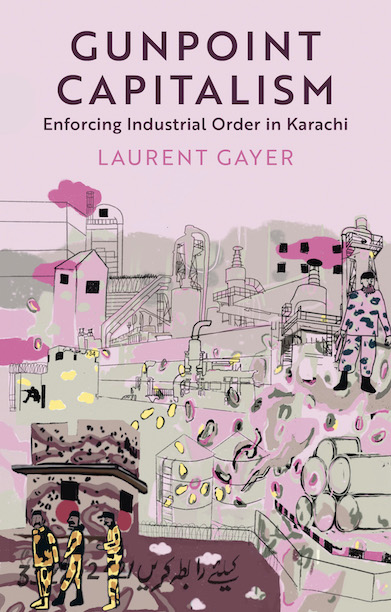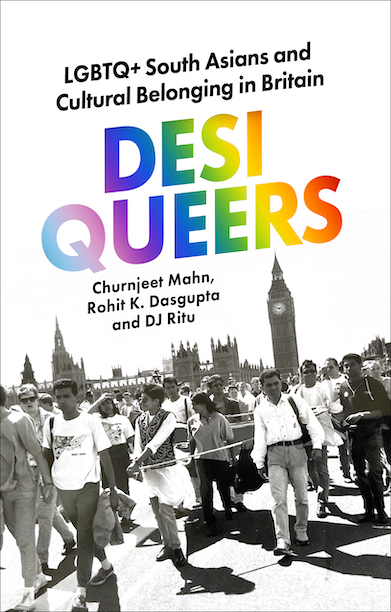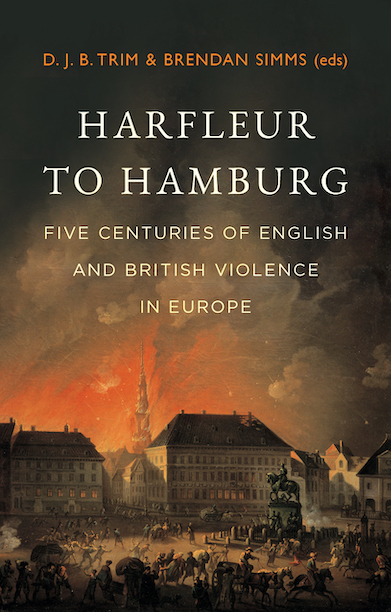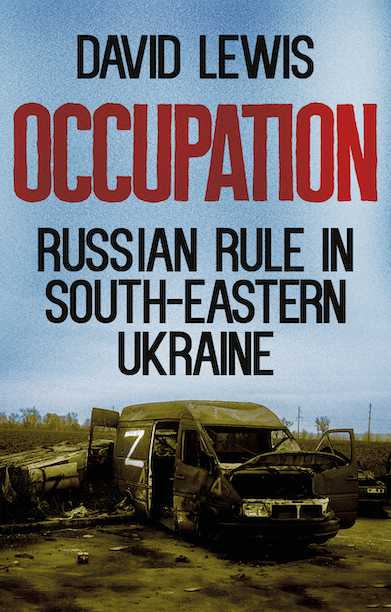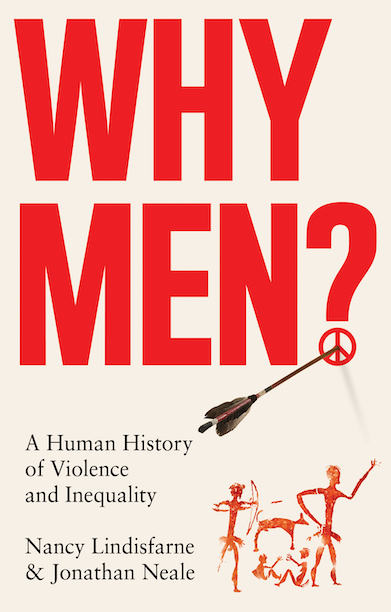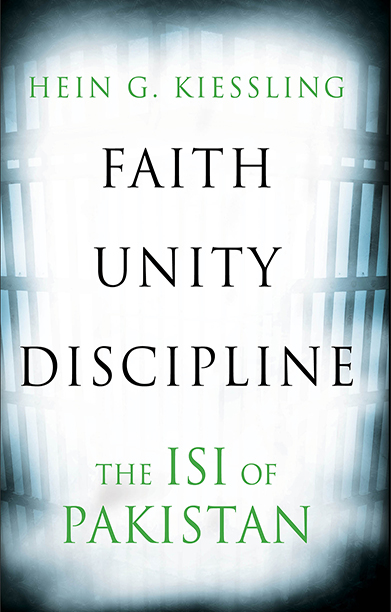Description
With an official population approaching fifteen million, Karachi is one of the largest cities in the world. It is also the most violent. Since the mid-1980s, it has endured endemic political conflict and criminal violence, which revolve around control of the city and its resources (votes, land and bhatta—‘protection’ money). These struggles for the city have become ethnicised. Karachi, often referred to as a ‘Pakistan in miniature,’ has become increasingly fragmented, socially as well as territorially.
Despite this chronic state of urban political warfare, Karachi is the cornerstone of the economy of Pakistan. Gayer’s book is an attempt to elucidate this conundrum. Against journalistic accounts describing Karachi as chaotic and ungovernable, he argues that there is indeed order of a kind in the city’s permanent civil war. Far from being entropic, Karachi’s polity is predicated upon organisational, interpretative and pragmatic routines that have made violence ‘manageable’ for its populations. Whether such ‘ordered disorder’ is viable in the long term remains to be seen, but for now Karachi works despite—and sometimes through—violence.
Table of contents
1. ‘The Mother of the Poor’
2. The City Where All Wars Meet
3. From Student Brawls to Campus Wars
4. ‘The Mohajirs Have Arrived!’
5. The Bandit Who Would Be King
6. Jihad Comes to Town
7. Ordered Disorder, Disordered Order
8. Geographies of Fear
9. Poetry for Troubled Times
Conclusion
Reviews
‘A vivid book. … Mr Gayer explodes that myth of Karachi as a secular city.’ — Mira Sethi, Wall Street Journal
‘There is no doubt in my mind that Gayer’s Karachi is destined to become the primary point of reference for further work … a superb book.’ — Dawn
‘This manuscript is a rich, multifaceted, self-reflective, ethnographic tapestry of the history and evolution of violent practices in Karachi. It surveys the violent actors, their trajectories since the 1950s, their interactions with each other, and their relations with the inhabitants of various city neighborhoods, a variety of political organisations, and the institutions of the Pakistani state. … It provides a comprehensive coverage of a very complex reality. Gayer has mastered this complexity and he approaches it in a number of ways: chronological, by focusing on different violent actors, by placing himself in the shoes of those experiencing the violence, and by interpreting literary forms that emerge as a reaction to it. At the same time, the author is in constant dialogue with a broad body of theoretical literature, mostly from sociology and anthropology. Overall, this manuscript achieves three goals with success. First, it provides a rich and textured overview of violence in Karachi. Second, it explores various facets of this violence and shows how they are connected. Third, it reflects on the nature of violence in the unruly urban spaces of one of the ‘megacities’ of the developing world. It is an impressive account.’ — Stathis Kalyvas, Yale University
‘This is an extraordinarily well-researched and deeply informed book about the transformation of Karachi, once known as the City of Lights into a byword for endemic violence and urban break down. Gayer’s knowledge of the city, many central events, people and places that have been pivotal in this transformation is very impressive indeed.’ — Thomas Blom Hansen, Stanford University, author of Wages of Violence: Naming and Identity in Postcolonial Bombay
‘The manuscript is a well-researched study of political developments in Karachi. It primarily focuses on the city politics since the 1980s but also provides extensive historical analysis from earlier decades. It is based on an impressively body of literature, both academic and journalistic, both in English and Urdu, as well as considerable original fieldwork material collected by the author himself. The book is the result of a prolonged research interest in Karachi, starting in 1998 and continuing up to the present. Gayer shows himself to be the expert par excellence on Karachi’s political history.’ — Oskar Verkaaik, Associate Professor, Department of Anthropology, University of Amsterdam; author Migrants and Militants: Fun and Urban Violence in Pakistan
‘Some books are before their time and some are written too late, but Karachi is a book written just ‘on time’. With a firm grasp of the unifying potential of Karachi’s violent topography, Gayer deftly cuts across the territories of the usual disciplinary modalities, flexibly shifting between theoretical frames in order to reveal the polysemous particulars of a series of highly localised turf wars spanning three decades. The key insight is the organising principle of a series of orderly disordered dilemmas, contradictions and paradoxes which constitute ambivalent hotspots around which the narratives which pattern Karachi’s violence are constructed. Gayer meticulously shows how a complicated palimpsest of actors is both at the root of recurrent problems, and the reason why continuous violence, simultaneously creative and destructive, yet also increasingly opaque and complicated, fails to erupt into a full-blown conflagration. This prosaic insight forms the common ground that allows political scientists to communicate with anthropologists, and activist practitioners with poets and militants. The result is a sophisticated, timely intervention destined to calmly steer the reader through Karachi’s current crisis of violent transition.’ — Nichola Khan, Senior Lecturer in the School of Applied Social Science, University of Brighton and author of Mohajir Militancy in Pakistan
‘[This] is a thoroughly researched book. The author has clearly spent many months in the city and drawn on a variety of sources. The book is sprinkled with quotes from various Urdu texts and conversations he had with Karachi’s residents, making this book an enjoyable and useful read.’ — Deccan Herald
‘This intense and detailed review of the recent history of Karachi will be of continuing value as an authoritative reference for those researching many aspects of Pakistan’s recent history and will be seen in academic circles as an important contribution to the greater picture of the complex history of Pakistan in recent years.’ — Asian Affairs
‘Karachi is one of the world’s most violent cities … But Gayer patiently uncovers the latent patterns of order that allow the city to function and to produce one-quarter of Pakistan’s GDP and handle 95 percent of its foreign trade.’ — Foreign Affairs
Author(s)
Laurent Gayer is CNRS Senior Research Professor at CERI-Sciences Po. He is the author of Karachi and Gunpoint Capitalism and co-editor of Muslims in Indian Cities and Armed Militias of South Asia (all published by Hurst); and co-author of Proud to Punish: The Global Landscapes of Rough Justice (forthcoming).
